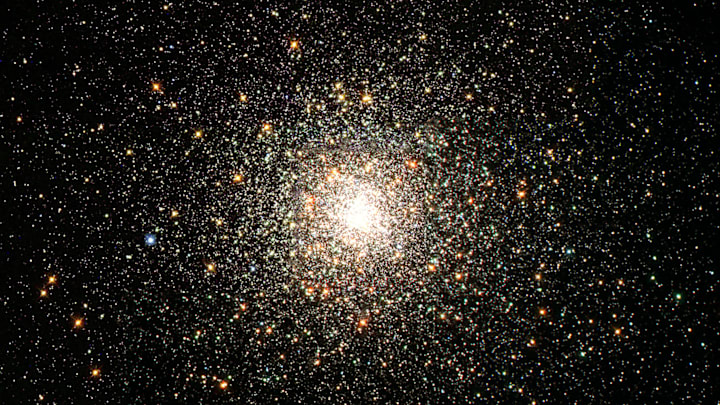The Origins of the Universe: Exploring Cosmological Theories

The quest to understand the origins of the universe is one of the most profound and enduring pursuits in science. Cosmology, the study of the universe's origin, structure, and evolution, has led to the development of several theories that seek to explain how our cosmos came into existence. Among these, the Big Bang theory stands as the most widely accepted model, proposing that the universe began from an extremely hot and dense state approximately 13.8 billion years ago.
The Big Bang theory posits that the universe has been expanding ever since its inception. This expansion was first observed by Edwin Hubble in the 1920s, who discovered that galaxies are moving away from each other at speeds proportional to their distances. This observation provided compelling evidence for an expanding universe, suggesting that it originated from a singular point. The discovery of cosmic microwave background radiation (CMB) in 1965 by Arno Penzias and Robert Wilson further bolstered the Big Bang theory. The CMB is the afterglow of the initial explosion, permeating the universe and offering a snapshot of the early universe just 380,000 years after the Big Bang.
While the Big Bang theory explains many aspects of the universe's evolution, it raises questions about the conditions before the Big Bang and the nature of the singularity from which it emerged. To address these questions, cosmologists have proposed several alternative theories. One such theory is inflationary cosmology, which suggests that a brief period of rapid expansion occurred fractions of a second after the Big Bang. This inflationary epoch smoothed out the universe, explaining its large-scale uniformity and the distribution of galaxies.
Another intriguing concept is the cyclic model, which proposes that the universe undergoes endless cycles of expansion and contraction. According to this model, the Big Bang was not the beginning but rather a transition between a previous contracting phase and our current expanding phase. This theory challenges the notion of a singular beginning and suggests that the universe has an eternal, cyclical nature.
String theory and quantum gravity are also contributing to our understanding of the universe's origins. These theories aim to reconcile general relativity, which describes the macroscopic behavior of the universe, with quantum mechanics, which governs the subatomic realm. String theory posits that the fundamental building blocks of the universe are one-dimensional "strings" rather than point particles. Quantum gravity attempts to describe the gravitational force within the framework of quantum mechanics, potentially providing insights into the nature of the singularity at the Big Bang.
The origins of the universe also have philosophical and theological implications. The concept of a beginning to the universe has prompted questions about causality, the nature of time, and the possibility of a creator. While science provides models and theories based on empirical evidence, these deeper questions often intersect with philosophical and theological considerations, reflecting the profound mystery of our existence.
In conclusion, the study of the universe's origins is a dynamic and evolving field, with the Big Bang theory serving as the cornerstone of modern cosmology. While significant progress has been made, the ultimate nature of the universe's beginnings remains a topic of active research and debate. As observational techniques and theoretical models continue to advance, we move closer to unraveling the mysteries of our cosmic origins, shedding light on the profound question of how our universe came to be.